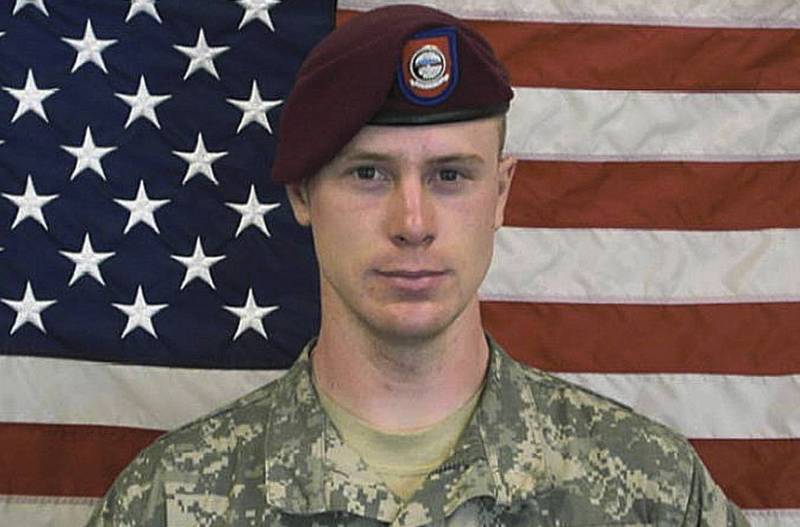Republicans are piling on the attacks over President Obama’s decision to release five Afghan detainees at Guantanamo Bay in exchange for the return of U.S. Army Sgt. Bowe Bergdahl, who was taken hostage by the Taliban in 2009.
The criticism began Saturday with neocon Fox News contributor John Bolton, who called the exchange “despicable.”
“The president has sent the Taliban an unmistakable signal that he will pay any price to get the United States out, and that’s a signal that’s bad for Taliban and al Qaeda to hear and our adversaries around the world,” Bolton told Fox host Jeanine Pirro. “And perhaps even worse, it is despicable for a president of the United States to grant moral equivalence to these terrorist in Gitmo compared to an American servicemember. The idea that there’s any equivalence at all between and American soldier and a terrorist, I think, is reprehensible”:
Making the rounds on Sunday’s talk shows, GOP members joined in the attack, denouncing Obama’s decision to make the exchange.
“I do not think the way to deal with terrorists is by releasing other violent terrorists,” Sen. Ted Cruz (R-TX) said on ABC’s “This Week,” adding, “Can you imagine what he would say to his fallen comrades who lost their lives to stop these people who were responsible, either directly or indirectly, for threatening or taking U.S. civilian lives?”:
Appearing on CNN’s “State of the Union,” House Intelligence Committee Chairman Mike Rogers (R-MI) called the exchange a “break with U.S. policy” that could set a “dangerous” precedent for future kidnappings. “The No. 1 way that Al Qaeda raises money is by ransom – kidnapping and ransom,” Rogers said. “We have now set a price.” He continued:
“If you negotiate here, you’ve sent a message to every al Qaeda group in the world — by the way, some who are holding U.S. hostages today — that there is some value now in that hostage in a way that they didn’t have before. That is dangerous.”
“We’re all grateful that [Bergdahl] is returned,” Senator John McCain (R-AZ) told “Face the Nation,” before going on to cite “legitimate questions” about those released. “These are the hardest of the hard people,” responsible for the deaths of thousands, McCain said. “It is disturbing that these individuals would have the ability to reenter the fight”:
Members of Obama’s administration defended the decision. Appearing on “Meet the Press,” Defense Secretary Chuck Hagel insisted that the U.S. did not negotiate with terrorists, and refuted claims that the exchange would lead to further kidnappings.
“We do have responsibilities that we don’t let anyone out of Guantanamo,” Hagel told host David Gregory, “and I will not sign off on any detainee coming out of Guantanamo, unless I am assured, unless our government assured, our country can be assured that we can sufficiently mitigate any risk to America’s security”:
“When we are in battles with terrorists, and the terrorists take an American prisoner, that prisoner is still a U.S. serviceman or woman. We still have a sacred obligation to bring that person back,” White House national security adviser Susan Rice told CNN’s Candy Crowley. Asked by George Stephanopoulos if the administration “broke the law” by not consulting Congress, Rice elaborated:
“What we had to do and what we did do, consistent with the president’s constitutional authority as commander in chief, is prioritize the health of Sergeant Bergdah. We had reason to be concerned that this was an urgent and acute situation, that his life could have been at risk. We did not have thirty days to wait, and had we waited and lost him, I don’t think anybody would have forgiven the United States government.”


